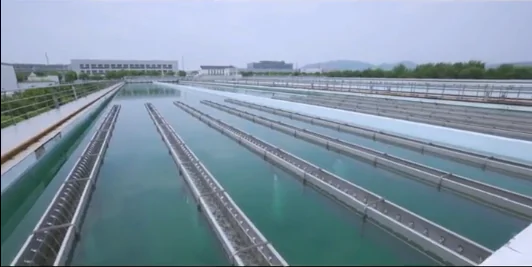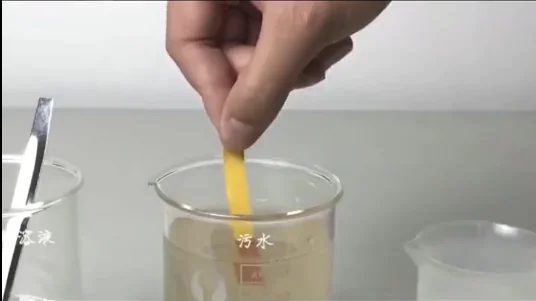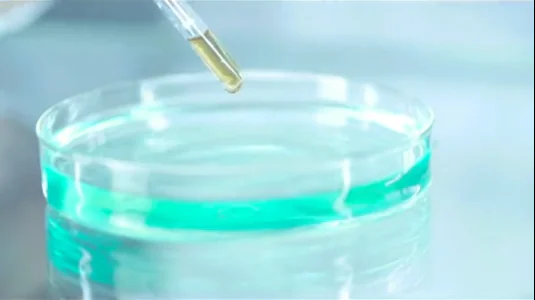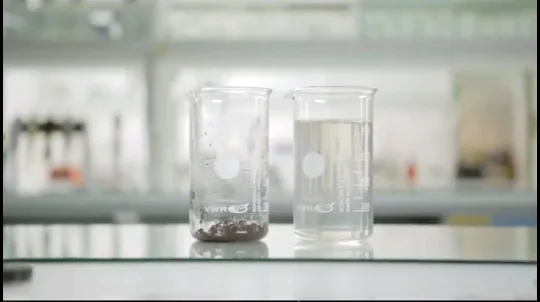In the process of water treatment, the effect of flocculant is often different due to the difference in water quality. Here are four key factors that affect the effectiveness of flocculants:
Water Hardness
The hardness of water quality is mainly determined by the bivalent metal ions such as calcium and magnesium in water. These ions interact with the charge of the flocculant and may affect the flocculation effect. The effect of the flocculant may vary greatly depending on the hardness of the water. High hardness water quality may reduce the efficiency of the flocculant because metal ions will react with the flocculant, reducing its active composition.

pH Level
pH (acid/alkali level) changes the charge of flocculant. In acidic water, agents may turn positive; in alkaline water, they may turn negative. This affects how well they bind to dirt.

Temperature
Heat speeds up flocculant dissolving and reactions. Clumping works faster in summer than winter.

Dirt Type
Big, heavy particles need strong clumping. Tiny, light particles need gentler treatment. Dirt’s own charge also matters.

Quick Tips
Test water hardness and pH first.
Adjust flocculant type based on dirt size.
Warm water improves results in cold climates.
Need help choosing flocculant? Contact us for free advice!
